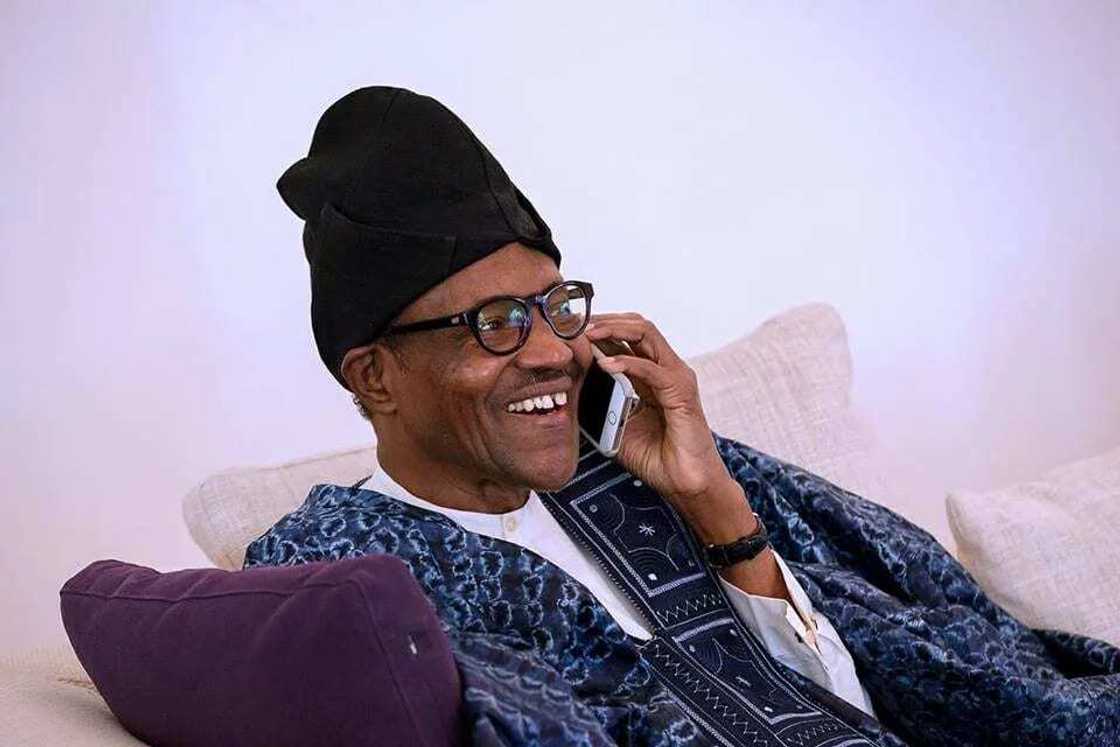FG Set To Remove 5% Tax on Every Airtime Purchase By Nigerians, as it Looks to Raise Funds For N17.1trn Budget
- Nigerians could be in for a new change in the coming months, as the federal government looks to tax phone calls and airtime
- From June for every airtime purchased in the country a 5% tax deduction will be made as contained in a new law
- President Buhari has signed off the new tax and this will could help further boost non-oil income revenue to finance the 2022 budget of N17.1trn
Starting from June 2022, the federal government will charge a five per cent tax for every airtime purchased by Nigerians.
This is in addition to one kobo per second tax for phone calls as earlier reported.
The five per cent tax on airtime was recently added and approved in the Finance Act 2021, which took effect from January 1, 2022.
The tax was part of a new excise duty list that included beverages, and non-alcoholic drinks, BusinessDay reported.

Source: Facebook
PAY ATTENTION: Subscribe to Digital Talk newsletter to receive must-know business stories and succeed BIG!
What are Excise duties?
Excise duties are internal taxes that are levied on the sale of specific goods and services, such as alcohol, fuel, and tobacco – often goods the government wants to discourage the use of.
It is an indirect tax that is not paid by the customers directly – instead, the excise tax is imposed on the supplier or the producer, who then includes it in the product price.
The inclusion of telecommunication services provided in Nigeria is the most recent change to the excise duty regime in the country.
In the case of airtime purchases, the government would impose it on the network operators, which will, in turn, pass it to the subscriber.
President Muhammadu Buhari reportedly approved the five per cent tax on airtime in May 2022 few days after telecommunication operators demanded permission to hike data and airtime costs by 40% over the rising cost of operation.
The budget office defends the move
At a function in 2021, Ben Akabueze, director-general of the Budget Office of the Federation, said Nigeria was lagging behind other African countries in implementing the excise tax on the sector.
He also added that the government is expecting to fund the Nigerian budget for 2022 from the proceeds of the five per cent excise duty.
Akabueze said:
“Last year, we found that 51 countries in Africa have excise on airtime charges; so we are looking at that as well as an area (to tax)."
Telecom operators lament poor electricity supply, spend N360 billion on diesel cost
Legit.ng has reported that the telecommunication companies have cried out to the Nigeria Communications Commission (NCC) over the poor electricity supply in the country.
They said that the cost of running and powering telecom services across the country has jumped by 233.33 per cent in recent months to about N360 billion every month.
The Association of Licensed Telecoms Operators of Nigeria (ALTON) said the cost of diesel to run network towers, base stations and offices increased from N225 per litre to N750 per litre as of March 2022.
Source: Legit.ng


